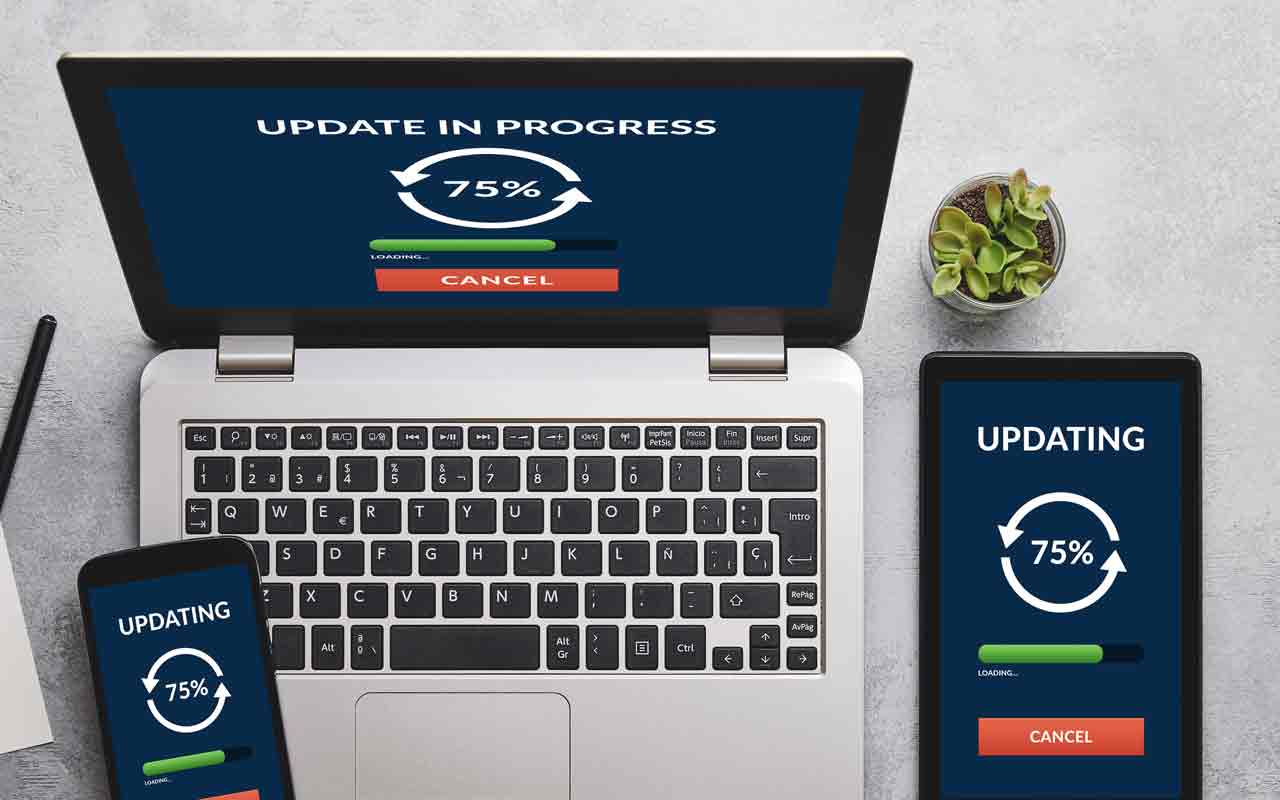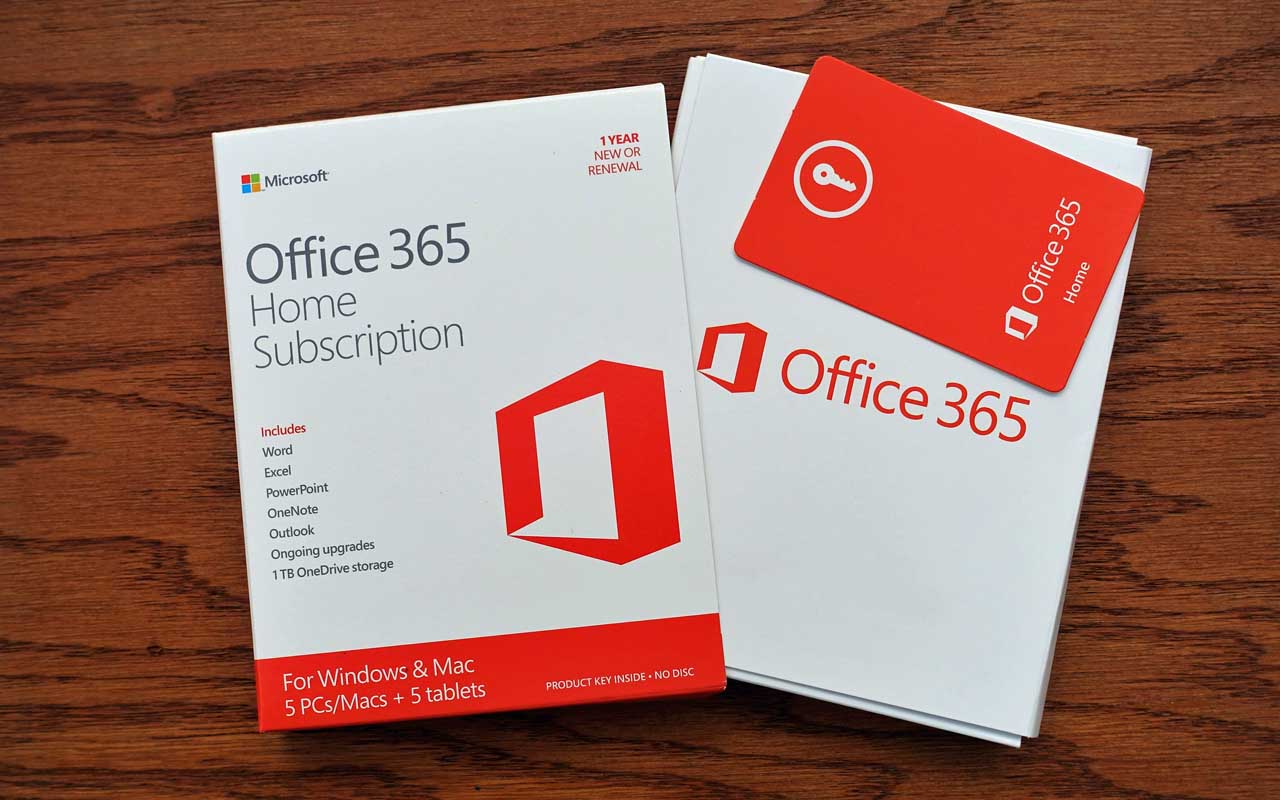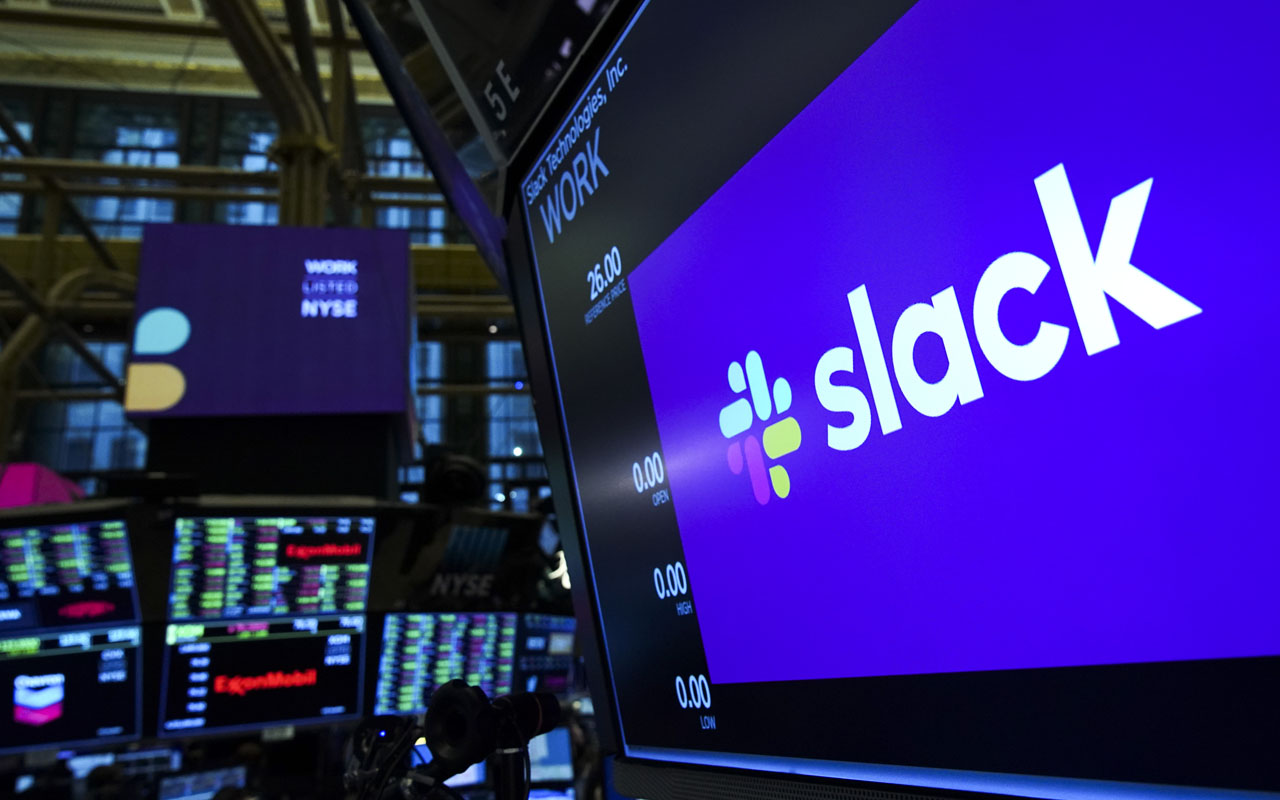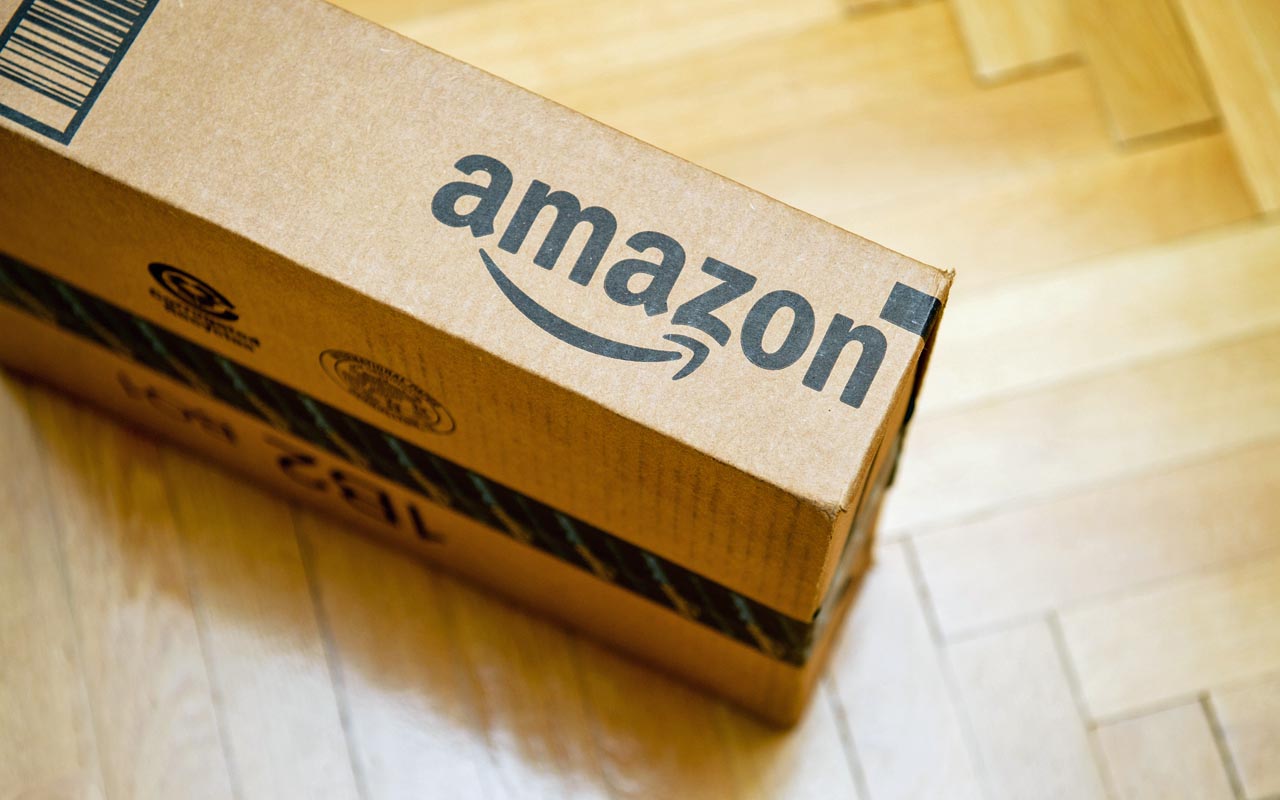
Profit and prosper with the best of Kiplinger's advice on investing, taxes, retirement, personal finance and much more. Delivered daily. Enter your email in the box and click Sign Me Up.
You are now subscribed
Your newsletter sign-up was successful
Want to add more newsletters?

Delivered daily
Kiplinger Today
Profit and prosper with the best of Kiplinger's advice on investing, taxes, retirement, personal finance and much more delivered daily. Smart money moves start here.

Sent five days a week
Kiplinger A Step Ahead
Get practical help to make better financial decisions in your everyday life, from spending to savings on top deals.

Delivered daily
Kiplinger Closing Bell
Get today's biggest financial and investing headlines delivered to your inbox every day the U.S. stock market is open.

Sent twice a week
Kiplinger Adviser Intel
Financial pros across the country share best practices and fresh tactics to preserve and grow your wealth.

Delivered weekly
Kiplinger Tax Tips
Trim your federal and state tax bills with practical tax-planning and tax-cutting strategies.

Sent twice a week
Kiplinger Retirement Tips
Your twice-a-week guide to planning and enjoying a financially secure and richly rewarding retirement

Sent bimonthly.
Kiplinger Adviser Angle
Insights for advisers, wealth managers and other financial professionals.

Sent twice a week
Kiplinger Investing Weekly
Your twice-a-week roundup of promising stocks, funds, companies and industries you should consider, ones you should avoid, and why.

Sent weekly for six weeks
Kiplinger Invest for Retirement
Your step-by-step six-part series on how to invest for retirement, from devising a successful strategy to exactly which investments to choose.
Software and its close cousin, services, are en vogue once more.
For some time, Apple (AAPL), Samsung and other tech stocks sucked up most of the air in the room with their smartphone rivalries and hardware "reveals." But over the past few years, the momentum has clearly swung back toward companies offering software and services.
Software isn't new, but how it's being delivered and monetized is. Tech stocks are increasingly borrowing a concept from the services model: subscriptions. Consumers like the lower cost of entry compared to paying big upfront for a software package. Enterprise customers have bought in too. And investors love the resulting financial benefit.
"Manufacturers benefit from the subscription model," says John Conlon, Chief Equity Strategist, People’s United Advisors. "It provides them with a very steady stream of revenue. It's a lot easier to get a handle on what a company's revenue stream will be using a subscription model. It lowers the entry point for potential customers, which encourages more customers to pay for the service offered. It's an easier business model."
Here, we examine 11 tech stocks to buy that have the potential to deliver super-sized software profits.
Data is as of Dec. 2.

Microsoft
- Market value: $1.14 trillion
- Microsoft (MSFT, $149.55) has always focused on software and services. While it does have hardware such as Xbox game consoles and Surface tablets and PCs, those are a relative blip on the company's bottom line.
Microsoft has been one of the best blue-chip tech stocks of the past three years, with a nearly 150% gain fueled largely by software and service revenue. The push to subscriptions instead of outright sales has helped boost Office revenue at a time when it faces competition from Google's G-Suite and traditional PC sales have been declining. In 2017, revenue from the company's Office 365 subscription service eclipsed Office licensing sales for the first time. In fact, when Office 2019 launched earlier this year, Microsoft actually ran an ad campaign trying to convince consumers not to buy it, but to subscribe to Office 365 instead.
When Microsoft sells a copy of Office Home & Student 2019 for $149.99, there's a good chance that customer won't buy a new copy for at least five years. A subscription to Office 365 Personal costs $6.99 per month, or $69.99 per year. If someone pays even the discounted annual rate for five years, Microsoft ends up with more than twice the revenue, and it can better predict those sales coming in.
The company's Azure cloud computing platform – which hosts third-party software services, cloud storage and Microsoft's own Xbox Live gaming service (another subscription), among other things – is going gangbusters, too. Azure is the second-largest cloud platform behind Amazon Web Services, and it's growing like a weed. Yes, that rate has been slowing, but Azure revenues still shot up by 59% year-over-year in Microsoft's most recent quarter.
Microsoft, once written off as a PC-era tech dinosaur, rebounded to its current trillion-dollar-plus valuation largely on the back of these evolutions. Nothing indicates that's about to stop anytime soon.

Adobe
- Market value: $146.6 billion
In May 2013, Adobe (ADBE, $302.75) announced it would stop selling packaged versions of its popular image editing software – including Photoshop – in favor of a monthly Creative Cloud subscription.
At the time, a Creative Cloud subscription cost $74.99 per month (with a discount to $49.99 if paid for a year at a time), while a purchased copy of Creative Suite 6 started at nearly $1,300. Even at the discounted yearly rate, Adobe would come out ahead after less than two years compared to selling a copy of Creative Suite outright, considering that many customers were waiting significantly longer than every two years to purchase a new version of Creative Suite.
Adobe's revenue for fiscal 2012, when selling software was its business, was $4.4 billion, which trickled down to net income of $833 million. In 2018, that had increased to annual revenue of $9.0 billion and net income of $2.6 billion. Adobe not only grew – it became much more profitable, too.
However, ADBE is among the best tech stocks to buy because it's doing more than just taking its old software and throwing it into the cloud. For instance, in 2018, the company introduced Adobe Premiere Rush CC – a video editing app "designed specifically for online video creators." More recently, it launched a Photoshop app that uses AI to put Adobe's many image-enhancement abilities into consumers' hands.
Analysts are increasingly bullish on the stock, with ADBE receiving several price-target upgrades of late thanks to its 2020 outlook. Jefferies analyst Brent Thrill, for instance, has a Buy rating on the stock and hiked his price target from $340 per share to $350 after "better than feared" guidance.

Zendesk
- Market value: $8.4 billion
- Zendesk (ZEN, $74.65) is a software-as-a-service (SaaS) company best known for its Zendesk Support customer service software. Zendesk doesn't deal with the consumer market, instead focusing on enterprise customers. Customers pay by the month based on the product and number of users, with the full Zendesk Suite package starting at $89 per month, per user.
Between 2014 and 2018, Zendesk has more than doubled its paying customer base to more than 136,000 accounts. During that same time, the company's annual revenue has increased from $127 million to $599 million.
The one piece missing from the Zendesk picture is profitability. While the company has claimed profits on a non-GAAP (generally accepted accounting principles) basis for a while, its actual net losses have widened in each of the past five years. But even money-losing tech stocks can make you money.
Ten of the 12 analysts that have sounded off on this tech stock over the past three months have deemed it Buy-worthy. That includes Morgan Stanley's Stan Zlotsky (Overweight, equivalent of Buy), who thinks the company may be primed for "beat and raise" quarters heading into 2020. Cowen analyst J. Derrick Wood (Outperform, equivalent of Buy) is bullish too, writing, "One key initiative that we think will drive better segment performance & sales productivity is the fact that ZEN has separated leadership responsibilities b/w its Enterprise and Velocity businesses."
And with its rapidly growing list of enterprise customers, Zendesk also is a potential acquisition target for bigger IT firms such as International Business Machines (IBM) and SAP SE (SAP).

Slack Technologies
- Market value: $12.3 billion
- Slack Technologies (WORK, $22.51) is a workplace collaboration software company that went public only a few months ago, in June. But the stock has had a tough go of it. While WORK shares popped nearly 50% on its first day of trading, they have lost more than 40% of their value since, and now trade under their $26-per-share initial public offering (IPO) price.
That stock performance doesn't necessarily mean the company doesn't have the potential to put up big numbers.
Slack reported its second-quarter financial results in September, which included a 37% year-over-year increase in paying customers, to 100,000. Of those customers, 720 paid Slack more than $100,000 annually, contributing to $145 million in revenues. The tech firm still boasts more than 500,000 organizations using its software for free, representing a potential base of conversions to get the full benefit of the software.
It has well-heeled competition in the form of Microsoft's Teams app, which claims 20 million daily active users, versus Slack's 12 million. That has some analysts, including Morgan Stanley's Keith Weiss (Equal Weight, equivalent to Hold) caution. "An increasingly competitive environment in the communication and collaboration space has weighed on WORK's multiple since its June listing," he writes.
But other analysts put this among their tech stocks to buy. Monness Crespi Hardt's Brian White (Buy) writes that Slack is "one of the next-generation software platforms that leadership at organizations around the world will increasingly equip their employees with during this digital transformation journey."

Salesforce.com
- Market value: $141.2 billion
- Salesforce.com (CRM, $161.00) is one of the earliest cloud kings, providing provides customer relationship management (CRM) software as a subscription service.
It's the largest of the CRM companies, but it's still growing at a rapid clip. Its revenues for the 2019 fiscal year ended Jan. 31 jumped 26% year-over-year, to $13.3 billion, and analysts are expecting sales to continue expanding in the 24%-27% range annually for the next two years. Salesforce notes that it hit the $13 billion in annual revenue level "faster than any enterprise software company in history." The company believes it can hit $26 billion to $28 billion by fiscal 2023.
Salesforce, which sells products ranging from $25 to $400 per month, per user, is soundly profitable. And it has been since fiscal 2017, following years of red ink – another reminder that sometimes patience is a necessary virtue for unprofitable tech stocks. It really cranked out the profits in its most recent fiscal year, however, reporting $1.1 billion in earnings versus $360 million in the year-ago period.
The analyst community widely rates CRM among their best tech stocks to buy at the moment. Of 36 analysts polled by The Wall Street Journal, 34 are bullish on CRM shares, with the remaining two on the sidelines at Hold. Among the optimists is Jefferies' Brent Thill (Buy), who writes, "We believe the CRM story embodies the best characteristics of the software sectors," and that the company's growth profile "is underappreciated by the market."

Alphabet
- Market value: $889.2 billion
Google parent Alphabet (GOOGL, $1,288.86) makes the lion's share of its revenues from advertising. But that essentially rolls up in many ways to software and services. Those ads are served up against Google search queries and YouTube videos, among other Alphabet offerings.
But the company also does business selling software and services. This includes a cut from apps sold on Google Play, YouTube Premium video streaming, Google Play Music and the company's G Suite productivity software, which goes toe-to-toe with Microsoft's office.
G Suite is an interesting story. Google has done a fantastic job of getting the education sector hooked on G Suite through the promotion of inexpensive Chromebooks (which now make up 60% of U.S. K-12 classroom laptop purchases). Generations of students are beginning to hit employment age, and many of them are more familiar with G Suite than Microsoft Office. Google sells G Suite subscriptions – $6 per user, per month, for Basic, $12 for Business and $25 for Enterprise – and it's starting to add up. At the end of 2018, Google had 5 million businesses paying up for monthly G Suite access.
The revenue still pales compared to advertising. But Alphabet's still making hay thanks to software and services, in one way or another.

Amazon.com
- Market value: $883.3 billion
When the average person thinks about Amazon.com (AMZN, $1,781.60), they'll likely think about shopping or watching movies on Prime. In fact, Amazon traditionally isn't included among tech stocks, but instead is considered a consumer play
But while Amazon.com definitely makes money off both of these, the company's clear profit driver is its Amazon Web Services.
The company's cloud computing service was responsible for 59% of Amazon's total operating income for 2018 despite bringing in only 11% of the company's overall revenue. In other words, this service isn't just profitable – it's very profitable. And while it's not growing as fast as Microsoft's Azure, it's no slouch. AWS revenues climbed by 35% year-over-year during the company's third quarter.
Amazon also is getting a hardware boost from its software. Specifically, Amazon's personal assistant, Alexa, has helped Amazon take a commanding a 70% share of America's smart speaker market, which sits at an installed base of anywhere between 76 million and 100 million units nationwide, depending on which survey you read.
Amazon.com built its name on online retail. But its fortunes are heavily tied into software and services.

Paycom Software
- Market value: $15.7 billion
- Paycom Software (PAYC, $269.04) isn't a first-to-mind name, but it does quite well selling subscriptions for its online payroll and human resources software. It has reported improved profits and revenues every year since 2013, which covers the entirety of its publicly traded life and then some (it executed its IPO in April 2014). And it has been one of the best tech stocks of the past five years, shooting up 875%, including a 120% performance year-to-date.
Analysts expect much of the same booming results going forward, too. On average, the community sees sales and profits improving by 30% and 28%, respectively, this year, then slowing down only a little to 24% and 25%, respectively, in 2020.
In fact, the biggest hurdle to PAYC stock going forward likely is its plump valuation. The company trades at 63 times forward-looking profit estimates and 22.7 times sales. Compare that to the S&P 500's forward P/E of 19 and its P/B of just 3.4.
Indeed, even as KeyBanc's Arvind Ramnani adjusted his price target lower in October, from $275 per share to $261, he maintained an Overweight rating and said the company is showing "good momentum with new client adds, sales productivity, and margins." Other analysts aren't nearly so reserved about their optimism, with RBC Capital Markets' Alex Zukin upgrading the stock in November, writing that he's more confident Paycom can "drive a long runway of continued market disruption."

Proofpoint
- Market value: $6.7 billion
A rise in malware, ransomware and phishing over the years has only escalated the importance of security software. A Gartner report published earlier this year suggests cybercrime could cost companies a whopping $5.2 trillion worldwide, between higher costs and lost revenues, over the next five years. The increasing cost of recovering from a malware attack has made companies more willing to invest in prevention.
That's where tech stocks such as Proofpoint (PFPT, $118.64) come in. PFPT offers security software and services on a subscription basis, including a cloud-based solution that scrubs incoming emails for malware, viruses and phishing attempts before a customer's employees ever see them.
Proofpoint claims more than half of the Fortune 1000 as customers. And like Zendesk, Proofpoint boasts years of rapid, uninterrupted revenue growth … but also widening losses. Analysts, however, expect non-GAAP profits to keep growing over the next couple years and widely view the stock in a positive light. Just one of the 11 pros sounding off on PFPT over the past quarter have failed to call it a Buy.
With more companies migrating systems to the cloud, a vendor that specializes in protecting their data and scrubbing their e-mail of security threats (such as Proofpoint) has solid prospects.

Five9
- Market value: $4.1 billion
- Five9 (FIVN, $66.75) provides cloud-based contact center software, including client contact tools for phone, mobile, e-mail, chat and social media interaction. The company charges customers a monthly fee depending on the features chosen, amount of usage and number of users.
Five9 isn't a huge company, but it's on a strong growth trajectory in a climate that's seeing companies trying to improve customer service by engaging their clients. In its most recent quarter, Five9's revenues improved by 28% year-over-year to a record $83.8 million, while non-GAAP earnings of 20 cents per share handily topped estimates of 15 cents. It's "true" net income still is in the red, but the company expects to finish the year with a loss of $5.8 million to $6.8 million – worse than 2018's marginal loss, but still thin compared to its losses from 2013-17. Broadly, Five9 remains pointed in the right direction.
Guggenheim analyst Nandan Amladi (Buy) writes that FIVN has "adequate market opportunity … to sustain a 20% growth rate for the next several years." Canaccord's David Hynes Jr. (Buy) calles Five9 "undeniably a leader" in cloud-based integrated telephony capabilities.

Apple
- Market value: $1.17 trillion
We've already established that Apple (AAPL, $264.16) was the poster child for tech stocks that exploded thanks to hardware revenues.
But slipping iPhones sales of late have forced Apple's hand. And lacking a true "next iPhone" product in its pocket, the company has thrown in with services to augment its revenues while driving up profits.
The company's Services division includes things such as Apple Music, the App Store and iCloud, as well as the new Apple Arcade, Apple News+ and Apple TV+ streaming video service.
Apple recently celebrated its highest-ever Q4 revenue, in part thanks to a big lift from Services revenue, which expanded by 18% year-over-year to $12.5 billion – roughly 20% of overall sales. That's up from 17% a year ago, and 16% in Q4 2017.
Apple's Services revenue is believed to have the highest profit margins of any of its businesses. Gross margin in Services was 64% last quarter – more than twice as much as Products (31.6%).
Apple still is mostly hardware, but things are looking up on that front, too. JPMorgan's Samik Chatterjee (Overweight) expects Apple to make big changes to its iPhone strategy, including unveiling four products next year, as well as eventually switching to staggered reveals rather than its current routine of unloading all the new models at once, which would make it more competitive against rival midyear launches. Credit Suisse's Matthew Cabral, while holding a Neutral stance, still writes that government data suggests that iPhone sales are meaningfully improving.
The blossoming of Apple's Services division mixed with encouraging signs from Products puts AAPL among the best tech stocks to buy right now.
Profit and prosper with the best of Kiplinger's advice on investing, taxes, retirement, personal finance and much more. Delivered daily. Enter your email in the box and click Sign Me Up.

Brad Moon is a tech industry veteran who contributes to a range of publications including Forbes, InvestorPlace and MSN Money and is an original member of the award-winning GeekDad blog. Over the past decade, he has also written about technology for Wired, Gizmodo, Shaw Media, About.com, The Winnipeg Free Press and others.
-
 How Much It Costs to Host a Super Bowl Party in 2026
How Much It Costs to Host a Super Bowl Party in 2026Hosting a Super Bowl party in 2026 could cost you. Here's a breakdown of food, drink and entertainment costs — plus ways to save.
-
 3 Reasons to Use a 5-Year CD As You Approach Retirement
3 Reasons to Use a 5-Year CD As You Approach RetirementA five-year CD can help you reach other milestones as you approach retirement.
-
 Your Adult Kids Are Doing Fine. Is It Time To Spend Some of Their Inheritance?
Your Adult Kids Are Doing Fine. Is It Time To Spend Some of Their Inheritance?If your kids are successful, do they need an inheritance? Ask yourself these four questions before passing down another dollar.
-
 Nasdaq Slides 1.4% on Big Tech Questions: Stock Market Today
Nasdaq Slides 1.4% on Big Tech Questions: Stock Market TodayPalantir Technologies proves at least one publicly traded company can spend a lot of money on AI and make a lot of money on AI.
-
 Stocks Close Down as Gold, Silver Spiral: Stock Market Today
Stocks Close Down as Gold, Silver Spiral: Stock Market TodayA "long-overdue correction" temporarily halted a massive rally in gold and silver, while the Dow took a hit from negative reactions to blue-chip earnings.
-
 S&P 500 Hits New High Before Big Tech Earnings, Fed: Stock Market Today
S&P 500 Hits New High Before Big Tech Earnings, Fed: Stock Market TodayThe tech-heavy Nasdaq also shone in Tuesday's session, while UnitedHealth dragged on the blue-chip Dow Jones Industrial Average.
-
 Dow Rises 313 Points to Begin a Big Week: Stock Market Today
Dow Rises 313 Points to Begin a Big Week: Stock Market TodayThe S&P 500 is within 50 points of crossing 7,000 for the first time, and Papa Dow is lurking just below its own new all-time high.
-
 Nasdaq Leads Ahead of Big Tech Earnings: Stock Market Today
Nasdaq Leads Ahead of Big Tech Earnings: Stock Market TodayPresident Donald Trump is making markets move based on personal and political as well as financial and economic priorities.
-
 11 Stock Picks Beyond the Magnificent 7
11 Stock Picks Beyond the Magnificent 7With my Mag-7-Plus strategy, you can own the mega caps individually or in ETFs and add in some smaller tech stocks to benefit from AI and other innovations.
-
 Dow Dives 870 Points on Overseas Affairs: Stock Market Today
Dow Dives 870 Points on Overseas Affairs: Stock Market TodayFiscal policy in the Far East and foreign policy in the near west send markets all over the world into a selling frenzy.
-
 Small Caps Can Only Lead Stocks So High: Stock Market Today
Small Caps Can Only Lead Stocks So High: Stock Market TodayThe main U.S. equity indexes were down for the week, but small-cap stocks look as healthy as they ever have.

